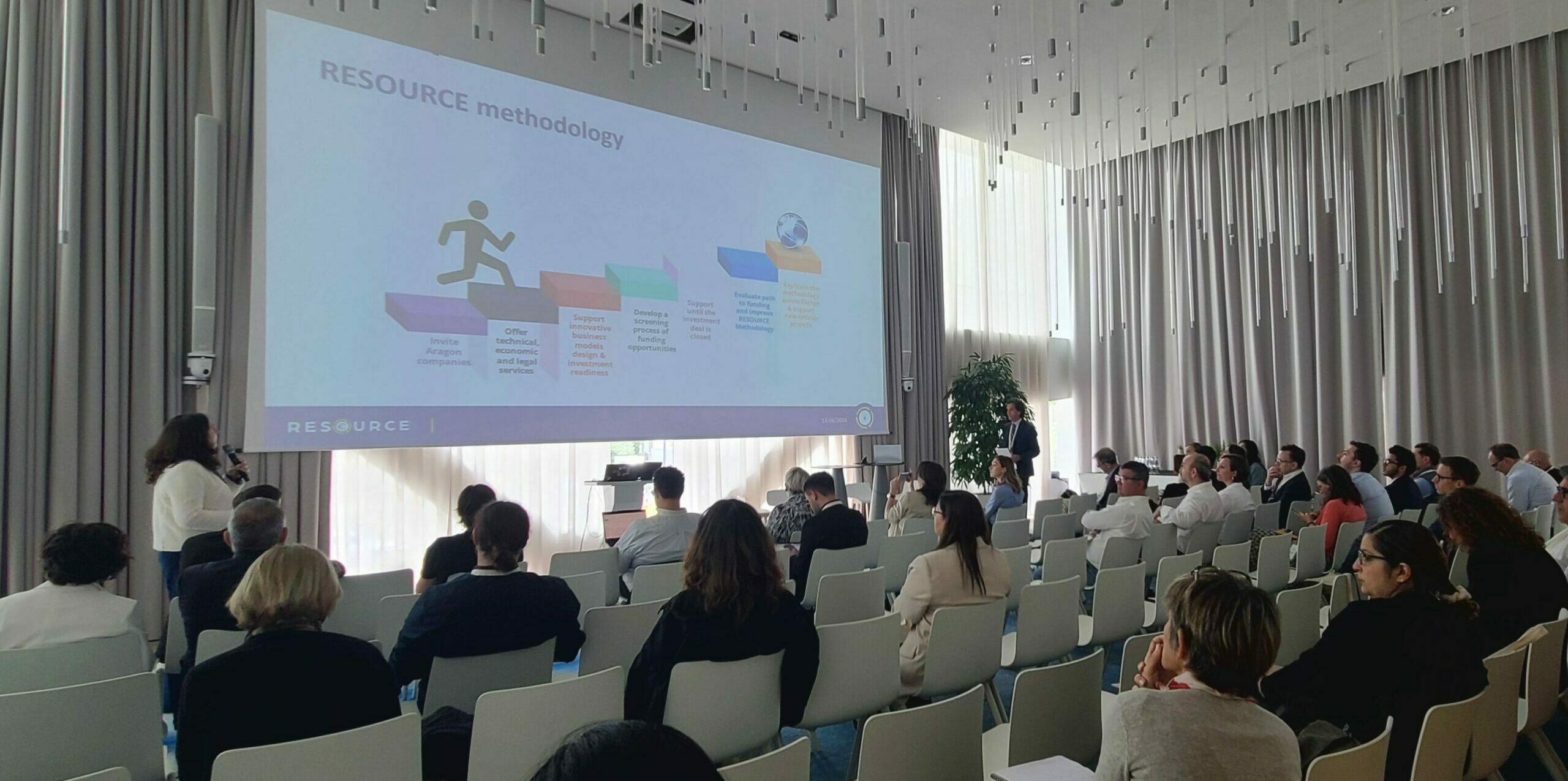Closing the Loop: Circular Economy, a Key Factor for Sustainability

![]()

 As industries grapple with the imperative to embrace sustainability, the circular economy emerges as a transformative concept. The challenge lies in understanding how the circular economy can be successfully implemented at scale to lead to prosperity and growth. But, how do regions, support organizations, and businesses effectively integrate circular practices to pave the way toward sustainability, economic viability, and enhanced competitiveness?
As industries grapple with the imperative to embrace sustainability, the circular economy emerges as a transformative concept. The challenge lies in understanding how the circular economy can be successfully implemented at scale to lead to prosperity and growth. But, how do regions, support organizations, and businesses effectively integrate circular practices to pave the way toward sustainability, economic viability, and enhanced competitiveness?
 Through insightful case studies, this session allowed us to experience the successful implementation of circular practices. We explored how this paradigm shift is applied in practice across different ecosystems and gained practical insights into adopting circular economy principles, ensuring organizations are well-positioned to thrive in a sustainable and circular future.
Through insightful case studies, this session allowed us to experience the successful implementation of circular practices. We explored how this paradigm shift is applied in practice across different ecosystems and gained practical insights into adopting circular economy principles, ensuring organizations are well-positioned to thrive in a sustainable and circular future.
The EBN Congress 2024 provided an exceptional platform for the RESOURCE project, attracting over 60 participants from diverse backgrounds and sectors, including business support organisations, research centres, and consulting companies. The session, “Closing the Loop: Circular Economy, a Key Factor for Sustainability,” underscored the transformative potential of the circular economy (CE) in driving sustainability, economic viability, and enhanced competitiveness.
One of the primary highlights was the engaging intervention of Pietro de Martino, Vice-President of EBN and representing FILSE as the coordinator of the Ecofishent CCRI project. He emphasized the importance and challenges of the circular economy for Business Innovation Centers (BICs).
Joanna Abi Abdallah, EBN project manager, presented the RESOURCE project, followed by Mireia Ferri, Head of the Technical Area of K-Veloce and coordinator of the KCCRI project. Mireia discussed the project’s aim to expand the impact of the existing Circular Cities and Regions Initiative (CCRI), promoting and making the concept of “Circular Economy” a tangible reality in EU cities and regions, particularly for those beginning this journey.
Johanna Väyrynen, Director of Stakeholder Relations and Business Services from the EU|BIC City of Lappeenranta in Finland, shared practical circular economy actions in a city of 73,000 citizens heavily involved in the forest industry. Lappeenranta uses its city as a testbed for circularity, implementing waste separation into categories such as, biogas for vehicles, sharing economy electric cars, and various innovative projects. These examples illustrated how the circular economy paradigm is applied in practice across different ecosystems.
Further, the mining industry’s approach was explored with insights from Ana Fernandez Iglesias, Global Sustainable Mining Director at ArcelorMittal R&D. She highlighted the industry’s significant research base, the highly recyclable nature of steel, and the circular processes that convert waste into bioproducts. The challenges of logistics and stakeholder engagement were discussed, emphasizing the need for local strategies and agile methodologies for collaboration.
The RESOURCE session at the EBN Congress highlighted practical applications and strategies for integrating circular economy practices across various sectors. The diverse presentations and discussions provided valuable insights, reinforcing the importance of collaboration and innovation in advancing towards a sustainable future.
